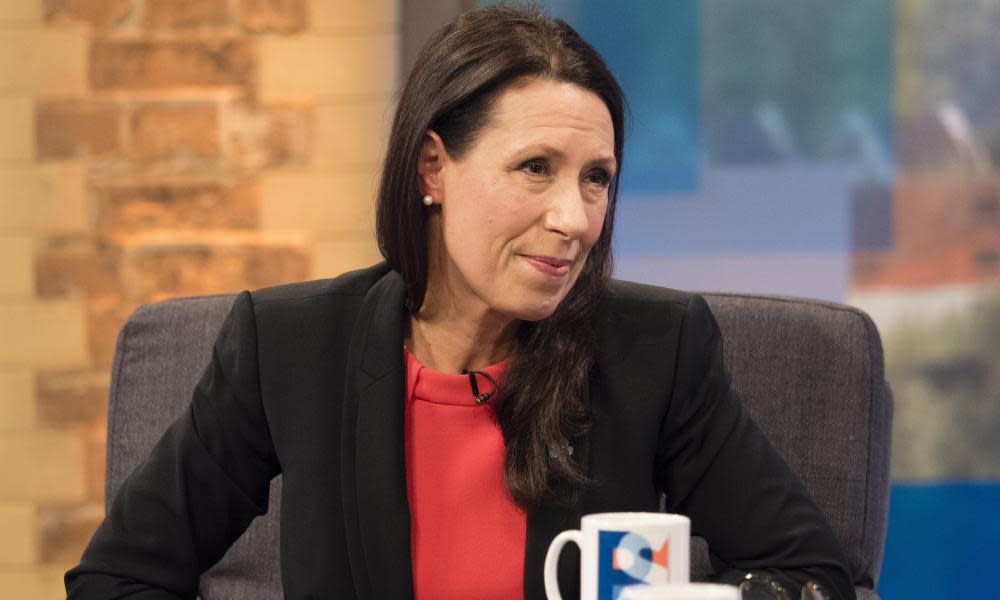Labour and rebel Tories secure debate on universal credit rollout

Labour and Conservative MPs have secured an emergency debate on the new universal credit welfare system, as ministers face continued calls to reduce the six-week waiting time for claimants to receive their first payment.
What is universal credit?
Universal credit is the supposed flagship reform of the benefits system, rolling together six benefits (including unemployment benefit, tax credits and housing benefit) into one, online-only system. The theoretical aim, for which there was general support across the political divide, was to simplify the benefits system and increase the incentives for people to work, rather than stay on benefits.
How long has it been around?
The project was legislated for in 2011 under the auspices of its most vocal champion, Iain Duncan Smith. The plan was to roll it out by 2017. However, a series of management failures, expensive IT blunders and design faults have seen it fall at least five years behind schedule.
What is the biggest problem?
There is a minimum 42-day wait for a first payment endured by new claimants when they move to universal credit (in practice this is often up to 60 days). For many low-income claimants, who lack savings, this in effect leaves them without cash for six weeks. The well-documented consequences for claimants of this are rent arrears (leading in some cases to eviction), hunger (food banks in universal credit areas report striking increases in referrals), use of expensive credit, and mental distress.
Are there other problems?
Plenty. Landlords are worried about the level of rent arrears racked up by tenants on universal credit. Unchecked, this will lead to a spike in evictions. Claimants complain that universal credit is bafflingly complex, unreliable, and difficult to manage, particularly if you are without internet access. Multibillion-pound cuts to work allowances imposed by the former chancellor George Osborne mean universal credit is far less generous than originally envisaged. According to the Resolution Foundation thinktank, about 2.5m low-income working households will be more than £1,000 a year worse off when they move on to universal credit.
The three-hour debate was granted by the Speaker, John Bercow, and will take place on Tuesday after a Labour motion calling for the rollout to be paused was passed last week because the Conservatives were whipped to abstain.
Since then, there have been reports that No 10 was looking at reducing the waiting time from six weeks to a month, although the Department for Work and Pensions insisted no changes were imminent.
Bercow said he was satisfied the matter should be discussed in parliament again, with Peter Bone, a Conservative MP, joining opposition MPs in standing in support of Labour’s application.
Debbie Abrahams, the shadow work and pensions secretary, said the non-binding vote last week, by 299 votes to zero, was a “serious rebuke” to the government’s flagship welfare reform.
Theresa May is under increasing pressure to change the system as dozens of Conservative MPs are unhappy with the length of the waiting time. Some of the Tory rebels are expected to meet David Gauke, the work and pensions secretary, this week and have high expectations that there will be some softening of the policy at, or before, the budget.
Iain Duncan Smith, the former work and pensions secretary, joined those suggesting there should be a reduction in the waiting time on Monday, saying it was “not wholly necessary”.
“The idea of the extra days was not something which I or my colleagues came up with,” he said. “It was a Treasury matter at the time and I think it’s certainly worth them reviewing that to see whether or not they can get rid of the waiting days.”
A government spokesman said: “The government remains determined to ensure that people joining universal credit don’t face hardship which is why we recently announced significant improvements to the system of advance payments that people can get as soon as they get into the system.
“As repeated this week, we will continue to monitor and take any actions if necessary. But no decisions or announcements on any further actions are imminent.”

 Yahoo News
Yahoo News 
